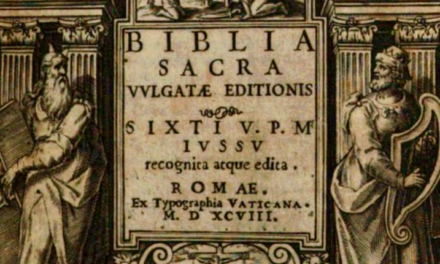
From sacred text to religious text: an intellectual history of the impact of erasmian lower criticism on dogma as a contribution to the English Enlightenment and the Victorian crisis of faith
By Theodore Letis
ABSTRACT
A religious belief in verbal inspiration gave the Christian Bible its sacred text status within the matrix of the Church. The lower, or textual criticism, first practiced outside the sanction of the church by Erasmus and developed further by non-Trinitarians initially, offered the first significant direct challenge to this belief in the early modern period. This, the dissertation argues, was the proper beginning, phenomenologically speaking, of the process of desacralization.
Moreover, it is argued that the desacralizing role of the lower criticism was further manifested when it was discovered that certain theologically significant passages, perceived by those in the Erasmian school to have resulted from later interpolation into the text of Scripture, illegitimately lent support to dogmas such as the Trinity, the deity of Christ and the virgin birth. The practice of lower criticism set in motion, well before the arrival of the higher criticism, a rather significant awakening of a historical consciousness about the developmental stages of the N.T. text, which in later recensions reflected a more full-blown orthodox expression of christological themes. The role that the lower criticism played in introducing this historical consciousness has not been readily acknowledged by either historians or practitioners of the discipline of lower criticism.
The dissertation argues that this is because of an ideological framing of the historical details of the discipline and development. This ideological component and the historical circumstances promoting it are brought into relief revealing why two schools arose during the English Enlightenment and carried on into the Victorian era, responding to the data of text criticism in two directions: one interpreting the data as affecting dogma, the other interpreting the data as not affecting dogma. In answering why this came about the dissertation helps to explain how the quest for the historical text culminated in the quest for the historical Jesus.




